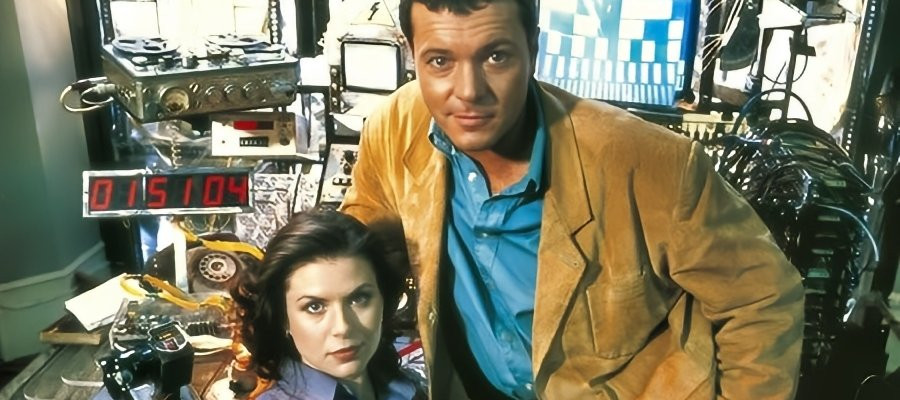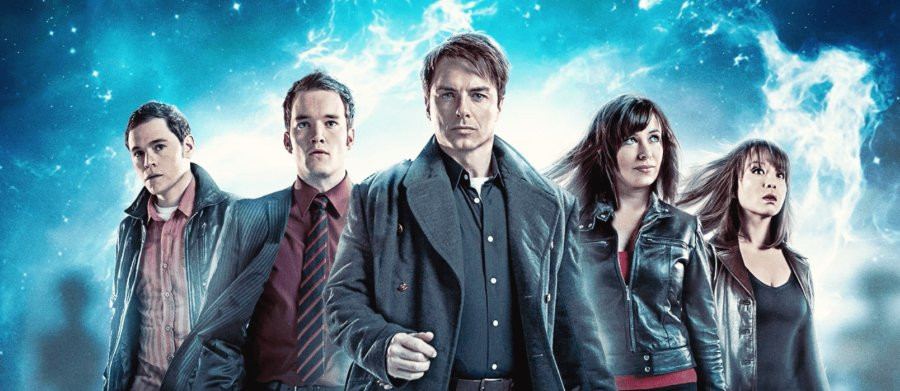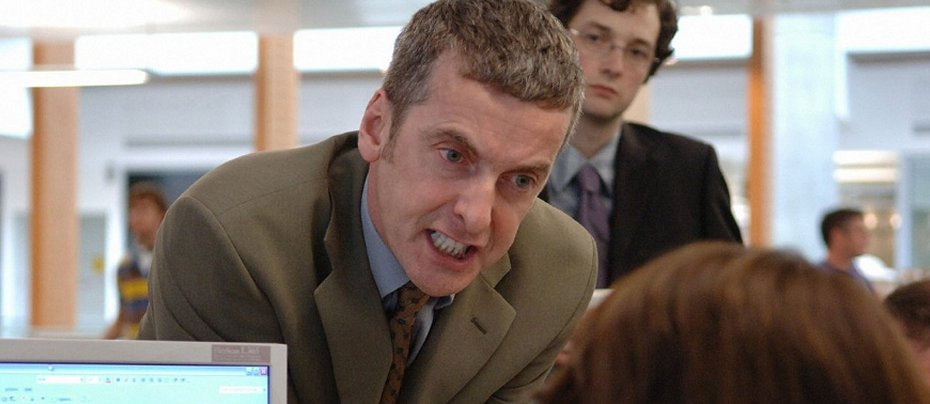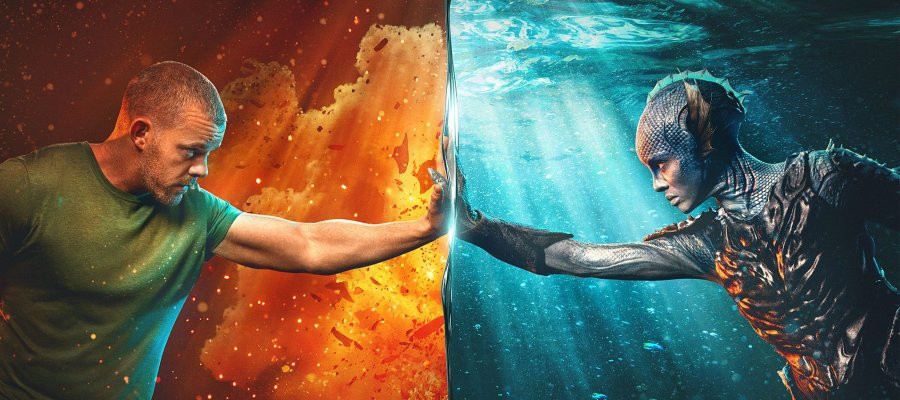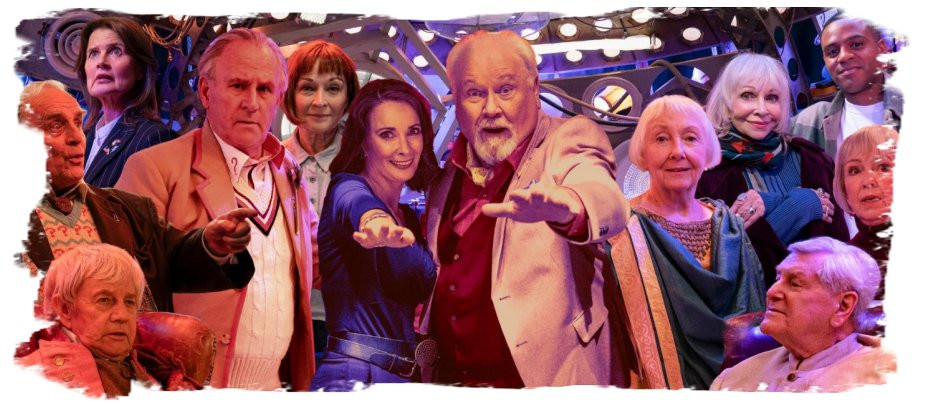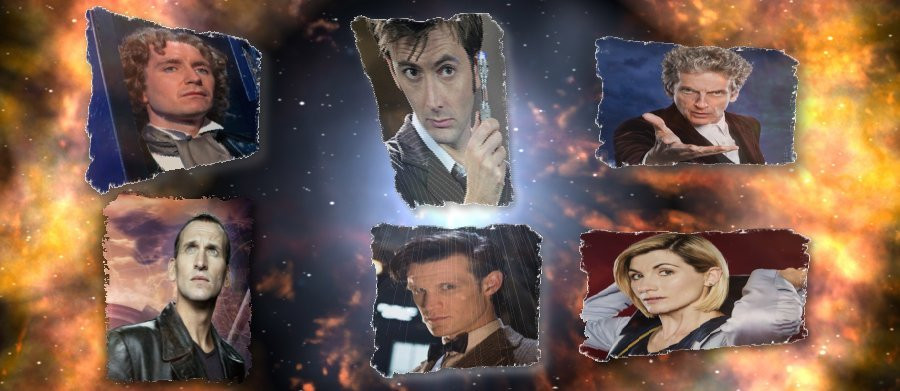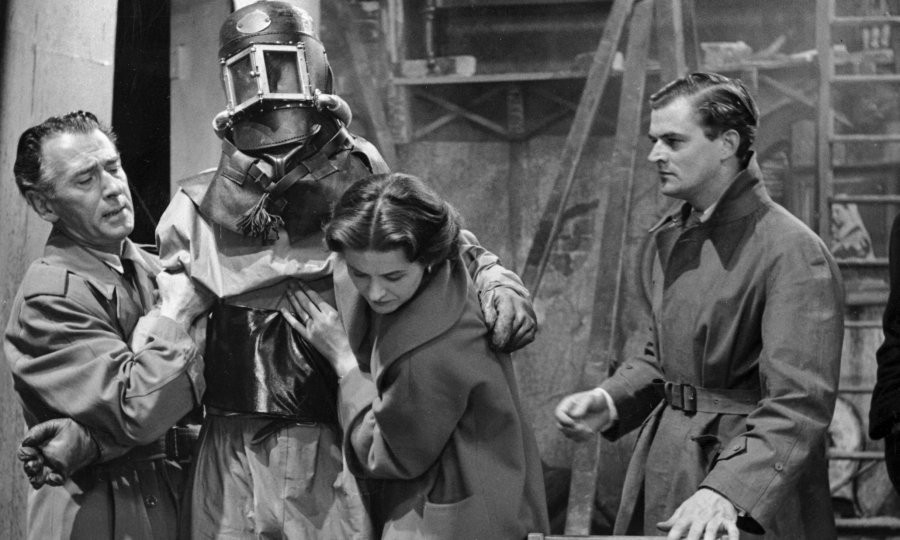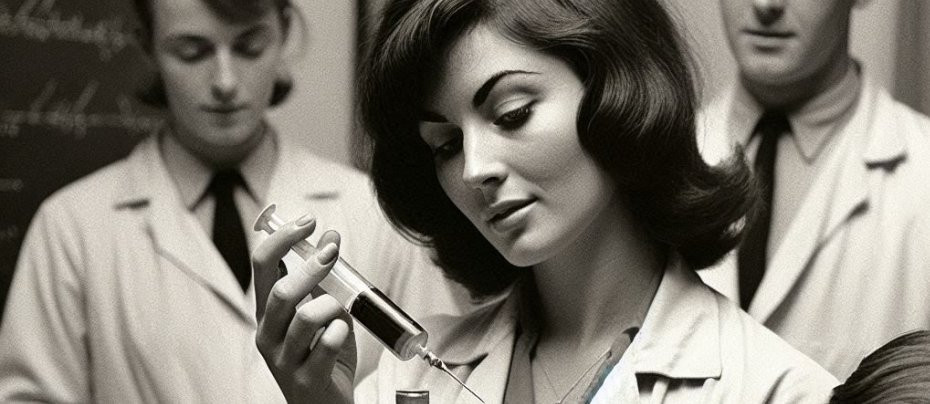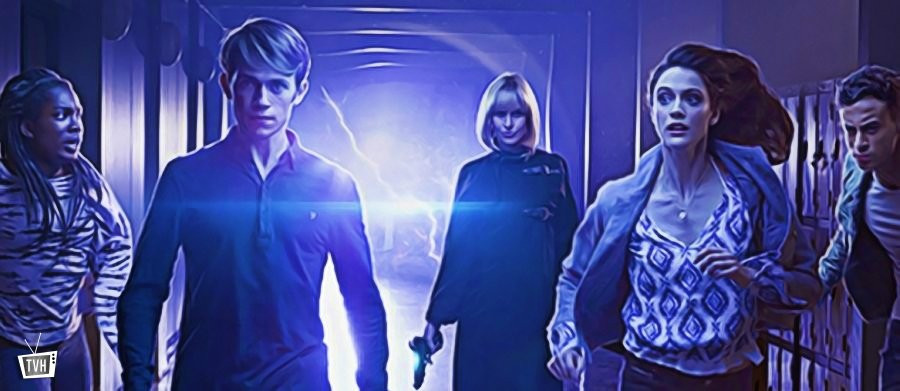
Class
2016 - United KingdomClass, which aired in a single run of eight episodes in 2016, is a spin-off of Doctor Who aimed at a teen/young adult audience. Set in and around Coal Hill Academy, the series focuses on the lives of five sixth formers, dealing with the difficulties or encroaching adulthood and the multiple extra-terrestrial threats that inhabit the Doctor Who universe. Written by Patrick Ness, author of the acclaimed young adult book A Monster Calls and the Chaos Walking trilogy, it's a bit of an oddity, even within the distinctly odd world of Doctor Who. It was commissioned with a very specific remit in mind: to fill a gap in Doctor Who's broadcast schedule; to push BBC Three in its online-only format; and to woo an age bracket that was being missed by Doctor Who itself. In all three areas, it can only be called a qualified success. Class died quickly and without fanfare, fading into some obscurity, and any review is going to be something of a post mortem.
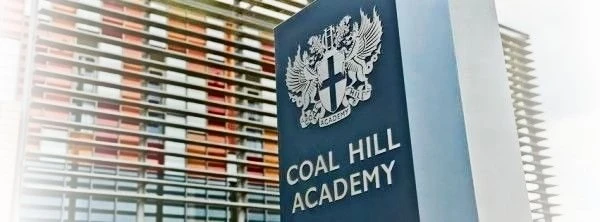
The 21st century Doctor Who series had two official drama spin-offs before Class. Torchwood aired between 2006 and 2010, and was aimed at an adult audience, intended to provide Doctor Who fans with something a bit meatier and more sophisticated. Children's series The Sarah Jane Adventures aired on CBBC from 2007 to 2011, and only ended because of the death of its star, Elisabeth Sladen. Both ran alongside the highly successful David Tennant and Matt Smith eras of Doctor Who, when the parent programme's popularity was at its height. Class, on the other hand, came along much later, arriving in late 2016 between the ninth and tenth seasons of Doctor Who. That year had only one episode of the parent show, broadcast on Christmas Day, so part of Class's job was to maintain interest in the series in the year-long gap between specials. Doctor Who, now starring Peter Capaldi, was no longer the ratings behemoth it had once been, although it was (and still is) doing respectably against its competition.
BBC Three would have been the natural home for Class even if the channel's format hadn't changed. Originally branded as a channel for youth-oriented, new and experimental programming, BBC Three was formally removed from broadcast and retooled as an online-only platform in 2016. This made some sense; the target audience, after all, mostly watched programming online in any case. Torchwood had originally been one of BBC Three's flagship programmes. It's second series saw it promoted to BBC Two for first airing, and its third, the miniseries Torchwood: Children of Earth, dominated a working week of evenings on BBC1. Ten years to the day that Torchwood premiered, Class made its first online-only broadcast, and just like Torchwood, it began with a two-episode double-bill.
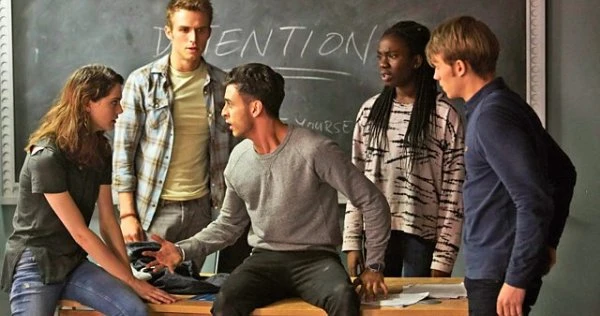
The most immediately obvious thing about Class, though, is how aggressively it courts its target audience. It's a deliberately adolescent show, with just enough sex and swearing to appeal to an adolescent audience, but never enough to actually upset any parents who might be watching along with them. In fairness, Torchwood was a lot more adolescent in its first couple of seasons, aiming at adult but coming across as puerile with its shoehorned-in over-the-top sex and gore. Class is, in its only season, more mature than much of the first season of Torchwood. That said, there's a remarkable amount of gore on display in Class, and there's an obvious sense of revelling in the freedom that an online-only platform allows (much like how Netflix now gets away with packing its own series with enough blood to ensure an 18 certificate had they been made for the cinema).
Given all that, it's also a bit embarrassing how often Class misses its mark. I mean, I'm coming in here as a man in his thirties, so I'm not the target audience either, but even I can see that if you want to appeal to a very specific age bracket you've got to get the aesthetics right. Class boasts as its title theme "Up All Night" by Alex Clare, which is actually pretty good and makes for a good accompaniment for the bold titles, but at the same time, it's from 2010. For me, at pretty much exactly twice the age of the target audience, it makes no odds. For a sixteen-year-old, six years is an eon.
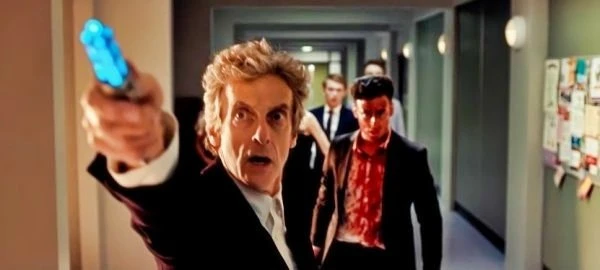
The series is almost self-consciously cool, but it's still, at the end of the day, a Doctor Who spin-off. It's never going to be that cool. The setting, Coal Hill Academy, is an updated Coal Hill School, the setting of some of the Capaldi era's episodes; it's where Clara Oswald (Jenna Coleman) taught when not travelling in time and space. However, this in itself was a reference back to the very beginning of the programme in 1963, the setting of much of the very first episode, "An Unearthly Child." Doctor Who revisited the school several times over the course of its history, and part of the premise is that the Doctor's repeated visitations have worn the fabric of space and time thin there, allowing things to slip through from other dimensions. The first episode, "For Tonight, We Might Die," features Capaldi as the Doctor, dropping in to help solve the immediate crisis and set up the premise before pushing off in the TARDIS again. This is all well and good, and Class surely picked up a few of its own fans, but it's hard to see many people tuning in who weren't already invested in Doctor Who.
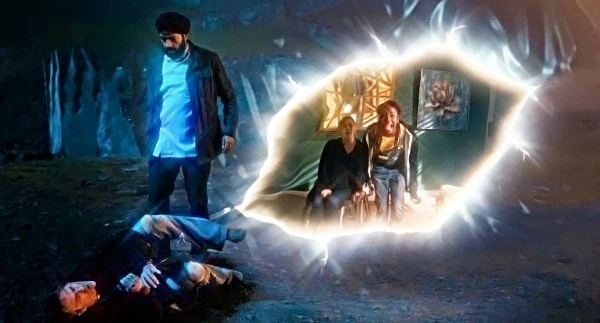
Class lampshades its own premise happily. Characters point out how similar their situation is to living on the Hellmouth on Buffy and the mysterious town in Once Upon a Time; they'd be pointing out that it was just like the Rift in Torchwood if they weren't part of the same fictional universe. (One of the funnier jokes in the second episode involved them trying to decide what to call the space/time weakness around their school, eventually settling on the Bunghole of Time.) Female characters point out when they fail the Bechdel Test. It's the kind of nudge-wink self-awareness that shows like Rick and Morty trade on, and while it's never as funny as the writer seems to think, it allows the show to get away with some clever conceits through sleight of hand. To take the Buffy similarities in particular, even though that series had finished thirteen years earlier, it was still well enough known that a lot of the concept of Class could be sketched in just by referencing it. On the other hand, it makes it clear that Class is another attempt at a British answer to Buffy, and there have been a fair few of those. It's also quite damning that Class doesn't look or feel much like a British sixth form, so much as it looks like American TV high school. Admitting, again, that it's been a long time since I was at sixth form, it's clearly a series that's playing to its genre influences rather than anything resembling real life.
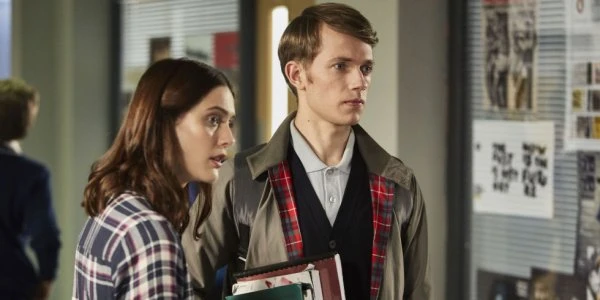
Which isn't to say there's nothing praiseworthy in the set-up. For one thing, it's one of the most self-consciously diverse BBC series of the time, and contrary to some opinions, diverse isn't a bad word. The main cast is impressively mixed. Greg Austin (Mr. Selfridge, Hunters) plays Charlie, ostensibly the main character in that the situation largely revolves around him. He looks like an ordinary teenager (or at least, a twenty-something playing an ordinary teenager), but he happens to be the prince of the planet Rhodia, the last of his people, having been rescued by the Doctor after his world was lain waste. He develops a relationship with Polish student Matteusz Andrzejewski, played by Jordan Renzo (The Spanish Princess), and while Matteusz is left very underdeveloped it's a strong statement having one of the two central romances of the series be same-sex.
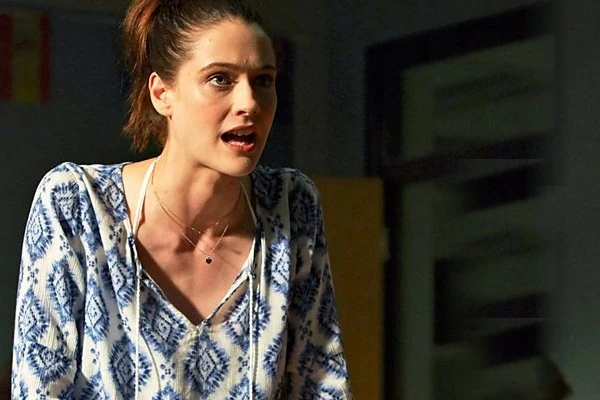
Sophie Hopkins plays April, fairly clever, fairly popular, the most deliberately ordinary of the main cast, but also advertised as their Buffy surrogate. Fady Elsayed is Ram Singh (Baghdad Central, Little Birds), a tough but brittle and largely antisocial young man who develops a relationship with April. He also shares a genuine and sweet friendship with Tanya, played by Vivian Oparah (The Rebel), a gifted academic of Nigerian descent, who's been advanced by three years and so is considerably younger than the other characters. Of the core characters, there's not one who's a straight white male, which is still unusual enough that it's notable.
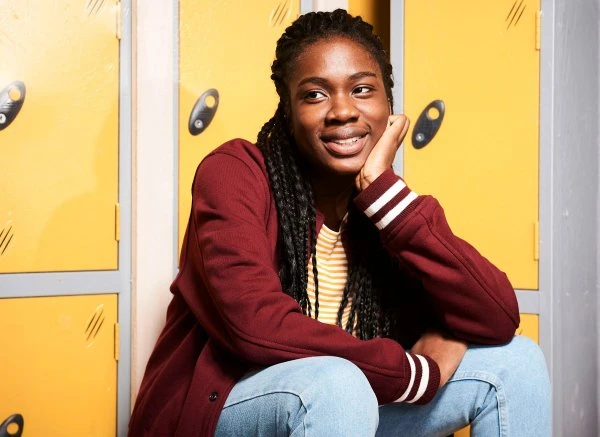
All the student actors are decent, with Hopkins and Elsayed particularly doing a lot to make April and Ram charismatic and three-dimensional characters, but they all play second fiddle to Katherine Kelly (Mr. Selfridge, Coronation Street, Liar) as Miss Quill. Kelly is an exceptional actor, one who kept winning awards while she was on Coronation Street by easily being better than pretty much anyone else in it on a regular basis, and easily the best thing about Class. I mean, going back to Buffy, Anthony Head was by far the best actor in its early seasons and overshadowed the younger actors until they started moving up to his level. This might have happened in Class had it had any more seasons to build on, and there's definitely a sense that its cast are ones to keep an eye on. It's also clearly the case that Kelly is better than any of the material she's given here – she plays a deeply reactive character, and has to do a lot of the heavy lifting.
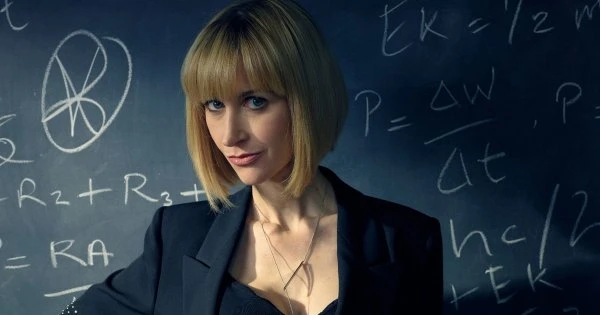
Which isn't to say there isn't some bold character material here. Quill is the last of her eponymous race, who shared the Rhodians planet. Quill led a rebellion against the Rhodians, and when that was crushed, was enslaved to Charlie, complete with a parasite implanted in her brain that prevents her from using a weapon or threatening the Prince in any way. And that's before both races were wiped out, leaving Charlie and Quill to be rescued by the Doctor, dumped on Earth with new identities and still with Quill enslaved to Charlie. It's a bravely amoral series. Charlie retains in his possession the Cabinet of Souls, which holds the souls of every Rhodian and can be used to destroy the souls of an enemy in mutual extermination, and it's more a question of when rather than if he'll use it against his enemies. Plus, the Doctor's casual dumping of the responsibility of defending the Earth from sundry alien incursions on a bunch of sixth formers is pretty questionable too. (It could be read as an allegory for abandonment by parents, or the increased self-reliance of children as they grow up, but little is made of this in the actual scripts.)
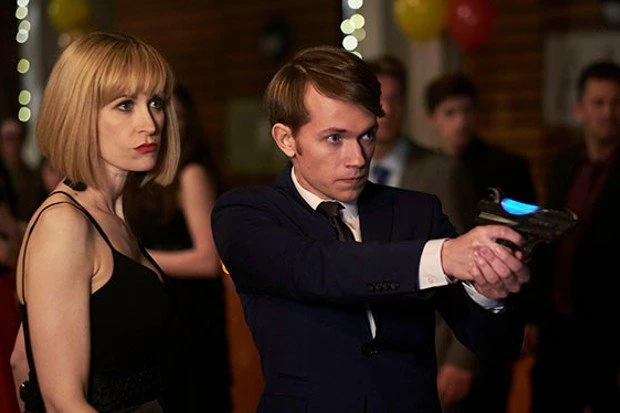
I've been skirting around the big baddies here, and that's because they just aren't very interesting. The Shadow Kin are, simply, big scary monster men, who have a vaguely-Klingon sort of warrior mentality combined with a big chip on their shoulders about living in shadows. They come from a planet/realm/dimension called the Underneath, and it's probably too short notice for this to have been directly influenced by Stranger Things' otherworld the Upside-Down, but it's clearly pulling from the same set of influences. There are some spooky names, but they're tremendously generic as alien villains go. Their leader, Corakinus, played by frequent Doctor Who and spin-off monster performer Paul Marc Davis, has no personality beyond being evil and violent. This is fine for a one-off monster that just needs to be defeated while something more interesting is happening in the A-story, but for the major recurring antagonist that appears in half the episodes of the series, it's not really good enough.
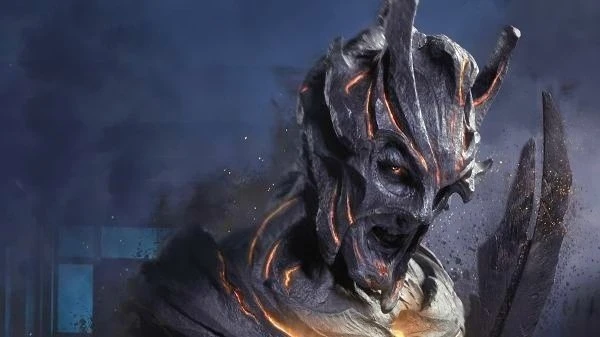
Ness, to his credit, tries to do something interesting with them. The first episode sees the Shadow Kin attack Coal Hill, and during the process of being defeated, Corakinus becomes linked to April – they share one heart between them. This is a hoary old cliché seen many times in fantasy fiction – even the Doctor shared a heart with a villain in the novel line for a time – but it forges a link between the characters that maintains tension through the series. There's also a scene where April and Ram have sex at the same time as Corakinus and his mate, leading to a very funny moment where the big bad monster king just wants to cuddle afterwards because he's feeling April's post-coital emotions. It's possible to read the Shadow Kin as a parody of toxic masculinity, and Ness likely wrote them with that in mind, but the production takes them far too seriously for the joke to work, the above scene excepted.
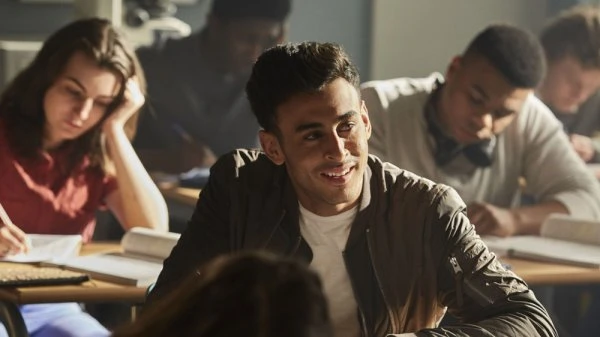
This is definitely the core of Ram's story. Ram suffers disproportionately during the series – in the very first episode, his girlfriend is murdered in front of him (or, to use the comicbook term, fridged), and he loses his leg. The Doctor helpfully fits him with a mechanical replacement, but it impacts his footballing, his one release. Ram suffers trauma repeatedly, and lashes out, using aggressive masculine behaviour to shield himself. His story is largely that of a young man learning to express his emotions maturely, exemplified by the second episode, "The Coach with the Dragon Tattoo." Overshadowed by the opening episode as they were broadcast together, this is actually one of the better episodes of the series, and sees the school's football coach become aggressively confident when he's bonded to a dragon spirit. It contrasts the violent, overpowering approach of the coach with the nurturing, supportive approach of Ram's own father (Aaron Neil), who can have a kickabout with his son while they talk about what's happened and begin to heal.
All the characters suffer trauma, either during the series of historically. April's now absent father was abusive and almost killed them both in a deliberate car crash, which left April's mother in a wheelchair. (Shannon Murray plays Jackie MacLean, and it's a strong statement having a disabled actress play a role where she is temporarily "cured" and able to walk. The script even comments on how problematic that idea is.) Tanya's father is dead, and her mother (actor-writer Natasha Gordon) is overprotective and pushy. Matteusz is kicked out of his home by strict Catholic parents when he comes out as gay. (Not that the series is anti-religious – there's some strong, tasteful material about Ram's Sikh upbringing and how he lives his life as faithful but not traditionalist.)
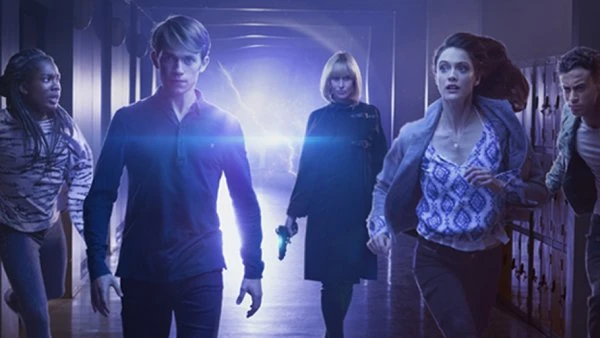
What's impressive though is how the characters aren't perfectly likeable. Charlie is particularly notable, and in spite of being the centre of the story is a rather childish, petty and unlikeable character. He's also, as royalty, frequently arrogant and self-important, but the writing goes out of its way to show how even his privileged upbringing was neglectful and unsupportive. All the characters are dealing with incredible pressures which makes them difficult, and they often don't like each other at all. This is most obvious in episode six, "Detained." A double-banked episode, this sees Quill out of the picture while the five students find themselves trapped in a classroom that has been knocked out of space and time by a meteor. Oh, and the meteor makes whoever is holding it blurt out angry, uncomfortable truths, making for a very unpleasant hour for the characters. It's an almost entirely character-based piece, dwelling on the lives, insecurities and pressures of the teens.
Class is a mixed bag when it comes to its sci-fi and fantasy trappings. Episode three, "Nightvisiting," is clichéd, an alien being snaring its prey by entrancing them with images of their lost loved ones. It riffs on some creepy folk songs and delves into the characters' backstories, but ultimately isn't very interesting. The fourth and fifth episodes, "Co-Owner of a Lonely Heart," and "Brave-ish Heart" form a two-part story. This saps the momentum from the series badly, and it's also heavily focused on the Shadowkin, which, aside from that wonderful cuddle moment, is just boring. It does, however, feature an incredibly inventive secondary threat in the form of a swarm of deadly flower petals that slowly, and bloodily, eat people alive.
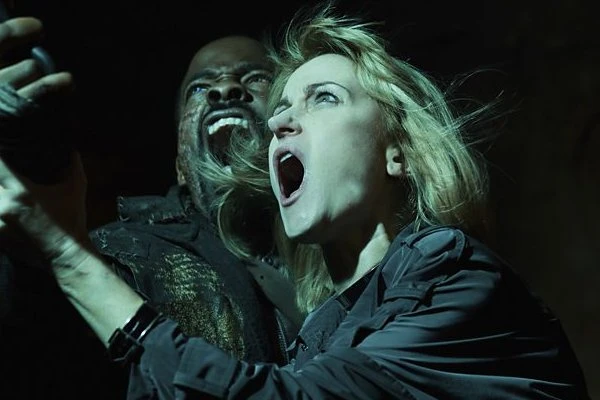
The strongest episode is the seventh, "The Metaphysical Engine, or What Quill Did," which is the other side of the double-banked slot with "Detained." While the students are locked in a room, Quill goes off and has an epic (and expensive) adventure. Entering the Cabinet of Souls itself, she and an alien mercenary named Ballon (Chik Okonkwo ・ Being Mary Jane) voyage through different afterlives at the behest of Ms. Ames (Pooky Quesnel - Eastenders), the insidious head of Coal Hill. It's an intriguing and inventive visual extravaganza, with Kelly sharing excellent chemistry with Ekonkwo and holding the episode together with her performance. She has to suffer through some risible dialogue but she makes it work through sheer charisma. It's not a good sign when your best episode is the one that gets rid of most of the regular cast, and the episode, with its visits to multiple worlds is the closest to the parent show. Indeed, Quill comes across as a sort of twisted mirror of the Doctor, adventuring in time and space for her own selfish reasons and holding the show together single-handedly. There's a parallel universe out there somewhere, where Class never got made and Kelly was cast in Doctor Who instead of Jodie Whittaker, and it's probably more interesting than our own.
The final episode, however, is a crushing failure. The ongoing threat of the Shadowkin comes to a head when they gear up to invade the Earth, and everything unfolds completely predictably. In the background, Ames and the mysterious board of governors own plans develop. The episode, and indeed, the series, ends on a pair of cliffhangers, one of which is the inevitable and obvious outcome of April's storyline. The other has the governors suddenly reveal they work for the Weeping Angels, the popular Doctor Who monsters that originated in the 2007 episode "Blink." It's a pretty lazy move, trying to drum up some more interest in the series by getting a fan favourite monster to show up, but to be honest, they'd have been better off running the series with them as the main villains from the off. If you're trying to use something from your parent show to make your spin-off fly, better to actually do it. As it is, the series ends with a misplaced confidence. The ratings for Class were very poor, both on its digital launch and its later BBC One repeat, and the planned for second season was not commissioned.
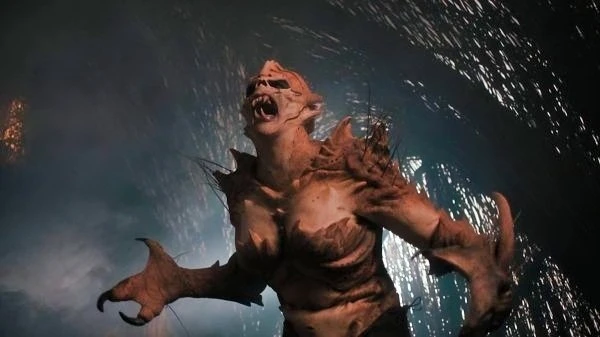
To be honest, it's a shame. There's an interesting programme in here somewhere. Ness clearly understands how to write for a teenaged audience, and in its best moments, Class tackled important issues with sensitivity and style. It's not exactly Skins, but it managed to look at sex, sexuality and growing into adulthood with wit and maturity. Unfortunately, it was lost amid the mostly forgettable sci-fi shenanigans, and the series often took itself far too seriously. A second season could have fixed a lot of the problems, but it just wasn't warranted, and its low ratings show that it largely failed to grab the attention of its target audience. In the end Class wasn't entertaining enough to make it, but it boasted some brave and intelligent material, and above all, it stood for something. It was a series where diversity, compassion and young people's voices mattered. It may have been a failure, but it had class.
Review: Daniel Tessier
Dan describes himself as a geek. Skinny white guy. Older than he looks. Younger than he feels. Reads, watches, plays and writes. Has been compared to the third, fourth, fifth, sixth, seventh, eighth, tenth, eleventh and twelfth Doctors, and the Dream Lord. Plus Dr. Smith from 'Lost in Space.' He has also had a short story published in Master Pieces: Misadventures in Space and Time a charity anthology about the renegade Time Lord.
Dan's web page can be here: Immaterial
Seen this show? How do you rate it?
Seen this show? How do you rate it?
Published on February 10th, 2021. Written by Daniel Tessier for Television Heaven.


